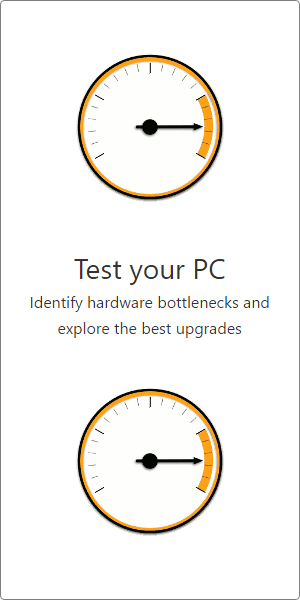Effective Speed
+20%
Poor: 55%
Great: 91%
SPEED RANK: 561st / 1080
Poor: 65%
Great: 114%
SPEED RANK: 316th / 1080
| Effective Speed
Effective SSD Speed |
76.2 % | 91.7 % | Faster effective speed. |
Average Score
+28%
Peak Score
+33%
Value & Sentiment
+∞%
Nice To Haves
+11%
Specifications
| Capacity
Capacity |
240GB | 240GB |
Conclusion
Average Bench 76.2%
Average Bench 91.7%
User Builds
7,034
10,862
Systems with these SSDs
Top Builds that include these SSDs

 SSD
SSD
